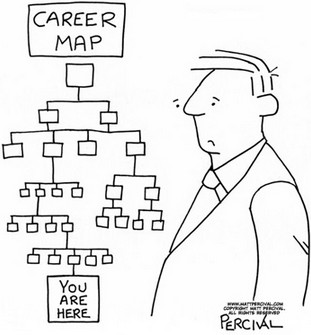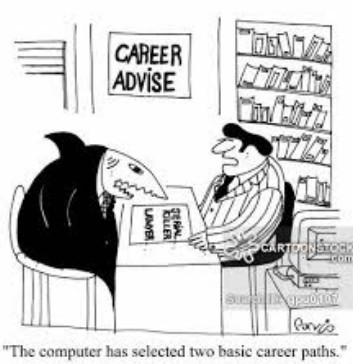Ok, so it is already April. How did that happen? For those of you who are still waiting to hear back from internships, and are still applying to internships, like me, it can be a little stressful to know that summer is less than two months away.
At this point it is important to keep in mind what you want to be doing. Sometimes I feel the need to apply to any opportunity that pops up on my radar because I feel desperate for an internship. After spring break I started to feel like I was not good enough for the internships I was applying to, which is not a fun feeling. I did not see the problem in this until I had a chat with Nick Moore, the executive producer of The Black Panther. Yeah, you could say I’m pretty cool.
Just kidding, this was a meet and greet set up by the best advisor ever (shout out), professor Vanessa Tyson, who is old friends with Mr. Moore. I was lucky enough to attend and get to hear him answer questions on the process of movie production and also give general career advice. As someone who wants to produce movies of her own, it was inspiring to see someone so successful talk about staying committed to his career. Mr. Moore told us to “give it seven years.” In other words, stay committed for seven years, despite whatever obstacles you may face that make you want to quit, and you will find success.
Hearing this gave me a boost of confidence; everyone faces obstacles, but just because I am not hearing back from the internships I want does not mean I have to stop applying to internships that really interest me. Feeling passionate about the industry of the company you are asking to hire you is, in my opinion, very important. Passion can show through in cover letters, which are a great place to express your interest. During the days following my meet and greet with Mr. Moore, I applied to two internships in the media industry. I made sure to use the cover letter guide provided by Career Services at Scripps. The Career Services Guide offers cover letter prompts, samples, and a checklist of things to include.
I normally try to emphasize my passion for the company or position that I am applying to when I talk about the position or company itself, normally in the first paragraph. Doing your research is a great way to show you care about the work you would be doing for them, and offering personal examples or experiences that go along with the company’s message can be a great way to make your letter pop in the eyes of the hiring manager.
We all get discouraged every once and a while during the job application process. Thinking about the fact that there are one hundred other people with the same amount of experience as you, applying for the same position as you are, can be daunting. Just remember that selling yourself is not limited to just your experience or skills. While these are important, it is also important to sell your passion!
If you are still searching for an internship but are not hearing back from any of your dream jobs, do not be discouraged. Continue to seek out positions that interest you. If you are passionate about what you want to do, then don’t give up on it. According to Nick Moore, if you stick with your desired career path, even during the low points, success will follow. And Nick Moore is a pretty cool guy, so I took his advice to heart.




